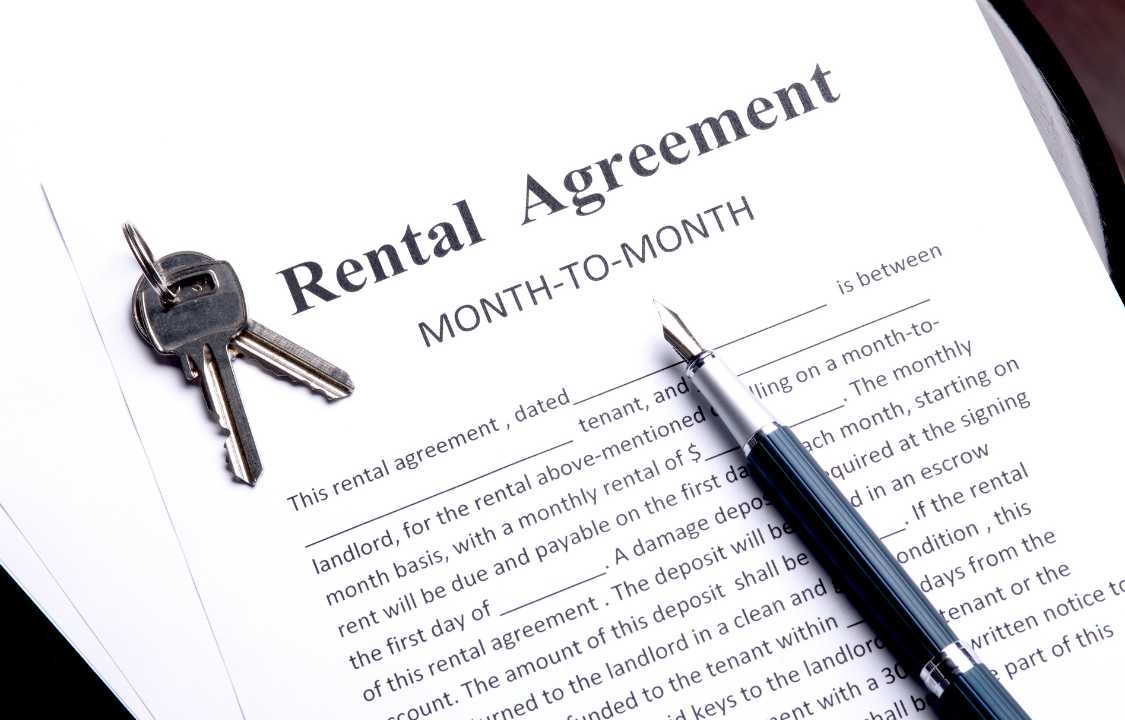If you’re always short on funds at the end of the month, you’re likely living paycheck to paycheck. But know that you are not alone. According to a new survey, 61% of U.S. adults depend on their next income.
What does it mean to live month to month, though?
What does it mean to be on a month-to-month budget?
Paycheck-to-paycheck describes someone who lives from month to month. You will need to wait for your next salary to cover your forthcoming costs.
If you’re like most people and pay your bills with every paycheck, saving money is next to impossible.
That means you’d need help meeting your fundamental needs if you suddenly lost your job or income. Therefore, credit card debt is often combined with month-to-month budgeting to ensure adequate financial stability.
Why do you have to survive from month to month?
Most people prefer to avoid living from week to week because of financial uncertainty. Everyone wants to feel safe knowing their basic financial requirements can be met.
Many things can force someone to live from paycheck to paycheck.
Reasons why are listed below.
You need to work more.
When you’re underemployed, you have a job that doesn’t pay you enough or make the most of your skills and education. You can be stuck in a low-skill or low-paying job.
This is problematic because even if you are working, you can earn far more money elsewhere.
You’re located in an expensive region of the country.
The stress of making ends meet each month is greatly amplified for those who must contend with a high cost of living. Rent, groceries, and other necessities are now prohibitively expensive.
Major life events that have an economic impact.
For example, the loss of a spouse due to things like death or divorce can have a terrible impact on a family’s capacity to make ends meet.
Thus, these huge life events can drastically alter your financial circumstances, even if you were not previously living month to month.
How much money should be left over after paying monthly expenses?
Having to make ends meet from month to month is not ideal. But how much cash should you have in your checking account after the month?
First of all, there is no predetermined sum. Instead, one should aim to have some spare cash left over after paying all necessary bills.
If you lose your job, you should strive to have enough savings to cover your basic living expenses for at least a few months.
Avoid living “month to month” with these steps.
Here are eight ways to stop living paycheck to paycheck and gain financial stability.
1. Start by making a budget.
The first step toward escaping the monthly financial reliance cycle is to keep track of your income and expenses. Is it possible you’re wasting money on things you don’t need?
Start keeping track of your spending using a budget. Your income and expenditures can be laid out in detail in a budget. It enables you to arrange your finances in advance.
You can build several different types of budgets but try to avoid becoming too complicated. Look around until you find one that suits you and that you can maintain.
2. Spend less than you earn.
If you want to break free from the cycle of living paycheck to paycheck, you must cut back on unnecessary expenditures. One must cancel all unnecessary subscriptions and buy necessities to achieve this goal.
The idea is to maintain a positive net worth by keeping expenses below income.
However, there are other concerns besides saving money. Consider strategies to lower the overall cost of essentials. This could need you to seek out new service providers or businesses to whom you are committed.
Remember that you’re making this sacrifice for the sake of your financial security in the future.
3. Increase your revenue.
A budget will show you if you don’t have enough money or need to cut back on frivolous expenditures. Making extra money is always a good thing to do.
Putting yourself out there and applying for jobs is always a good idea. Sometimes you need to improve your marketability by learning new talents.
4. Get out of debt
Most people spend 30% of their monthly salary on debt payments, not including their mortgage. That’s a big chunk of money that has to go toward paying off debt.
Reducing your debt load can release cash flow and provide breathing room if this describes your situation. By paying off debts like credit cards, student loans, and auto loans, you can free up cash for other uses.
5. Save money, even if it’s small.
Living paycheck to paycheck is risky, but savings can help weather financial storms. You can use the money in your savings account instead of waiting for your next salary.
You should always have some money aside in case of an unexpected expense. The funds are available if and when they are required.
Putting as much as you can into savings can help tremendously. Even if it’s just a little bit every week, saving may become a habit. Your regular deposits will add up to a sizeable sum of money saved over time.
Use unexpectedly big sums of money, such as tax refunds, to jumpstart your savings and pay down any outstanding debt.
Get out of the rat race of worrying about making ends meet.
It’s time to stop wringing by from one pay period to the next. Deciding to improve your circumstances is the first step. You can then start putting the advice given above to use.
You can get help if you need it. If you want to avoid scrounging from paycheck to paycheck, we can help you by providing a community and other free resources. Read our post right away for more suggestions on how to stop financial leaks and save money.

